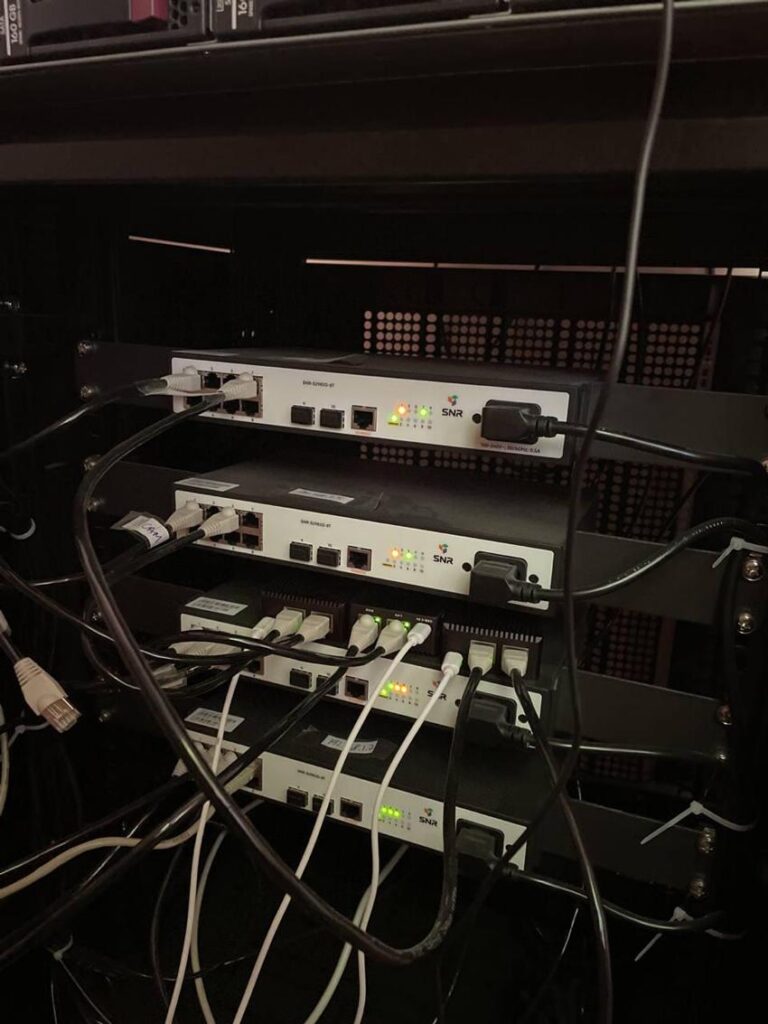
IBM has announced the general availability of IBM Cloud Satellite, joining the hyperscaler party in enabling its hybrid cloud services across any environment.
The announcement ‘brings a secured, unifying layer of cloud services for clients across environments, regardless of where their data resides’, in the words of the press materials. Edge is key to this process. “As workloads shift to the edge, IBM Cloud Satellite will help clients deliver low latency, while still enabling them to have the same levels of security, data privacy, interoperability and open standards found in hybrid cloud environments,” the company added.
To that end, Lumen Technologies – the artist formerly known as CenturyLink – is on board as a partner, integrating IBM Cloud Satellite with its edge platform to enable clients to harness hybrid cloud services in near real-time.
The evolution of hybrid cloud in this context – defined as a hybrid experience for cloud services across all environments – is one the hyperscalers have explored for some time. Amazon Web Services (AWS) was first with the concept with Outposts, launched at the end of 2018, in tandem with VMware. Google Anthos, where applications can be built which run in multiple cloud environments, followed in 2019, as did Azure Arc later that year.
To put this in perspective, IBM had acquired Red Hat only a couple of months before Outposts was announced. The open source software provider, bought for $34 billion in total enterprise value, was a key marker for IBM’s hybrid and open future, both technologically and strategically.
At Think in February 2019, then-CEO Ginni Rometty told the audience that the industry was “entering chapter two… cloud and hybrid.” Current chief exec Arvind Krishna has continued the message, with the move in October to spin off IBM’s infrastructure unit another big marker. IBM’s ‘maniacal’ focus on open hybrid cloud and AI was the marketing message.
IBM told CloudTech that Red Hat OpenShift was one of the services being enabled on IBM Cloud Satellite. “This means that for the first time we are giving customers access to Red Hat OpenShift on premises in an ‘as a service’ model’, giving them the flexibility to install and manage it with greater simplicity,” an IBM spokesperson added.
Another area of interest in this announcement is with regard to Watson. IBM is making available IBM Cloud Park for Data as a Service with IBM Cloud Satellite, extending the ‘Watson Anywhere’ strategy. In layman’s terms, this means companies can have a flexible, secure way to run AI and analytics workloads as services across any environment.
From a strategic perspective, no longer should questions be asked – as this reporter once did, perhaps unfairly – about whether Watson is a solution looking for a problem. The growing accessibility and evolution of cloud, to power AI, means IBM has been able to approach Watson in a way which ‘brings AI to wherever the data resides – across any cloud – to help companies unearth hidden insights, automate processes and ultimately drive business performance.’
IBM sees this as the route in for enterprise AI opportunities. “Today enterprises of all sizes and across industries are struggling to gain value from data scattered across their own data centres and multiple clouds – but with the right technologies that are optimised to support the requirements of a hybrid cloud and have the intelligence of AI infused throughout, they can overcome these challenges,” an IBM spokesperson told CloudTech.
“IBM’s hybrid cloud software portfolio is designed just for that – it allows customers to manage and curate data, and use AI to analyse it, wherever the data resides.”
It is evident here to see a certain amount of joined-up thinking with regard to the strategy. IBM cited four key industries in its announcement; telecoms, financial services, healthcare, and government. The first three, as readers of CloudTech will know, are also major battlegrounds for the other hyperscalers. Partners cited in the ecosystem included Cisco, Dell Technologies, and Intel.
You can find out more about IBM Cloud Satellite here.

Interested in hearing industry leaders discuss subjects like this and sharing their experiences and use-cases? Attend the Cyber Security & Cloud Expo World Series with upcoming events in Silicon Valley, London and Amsterdam to learn more.






